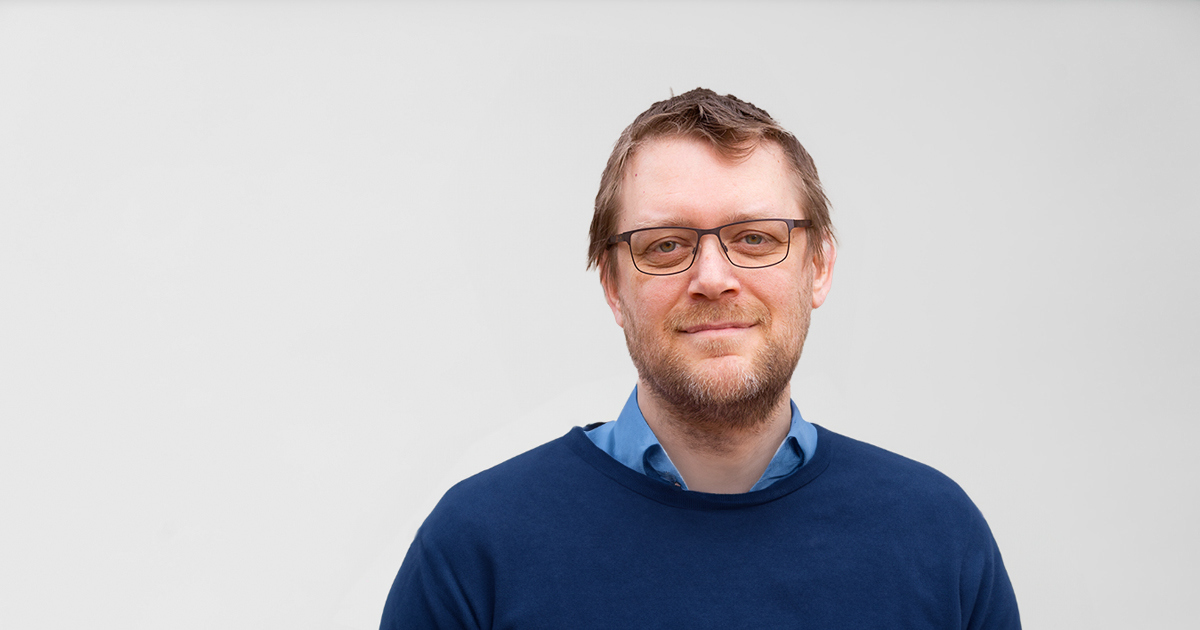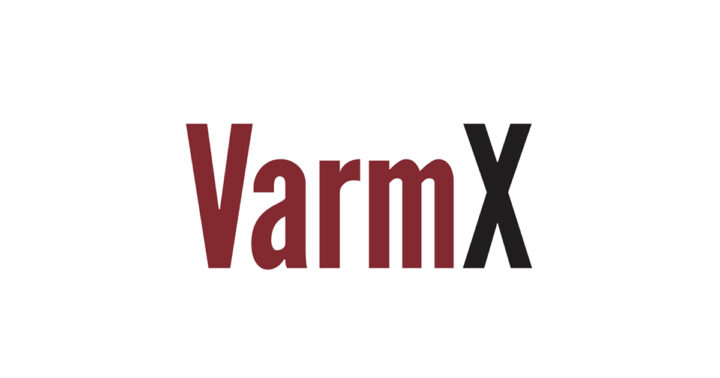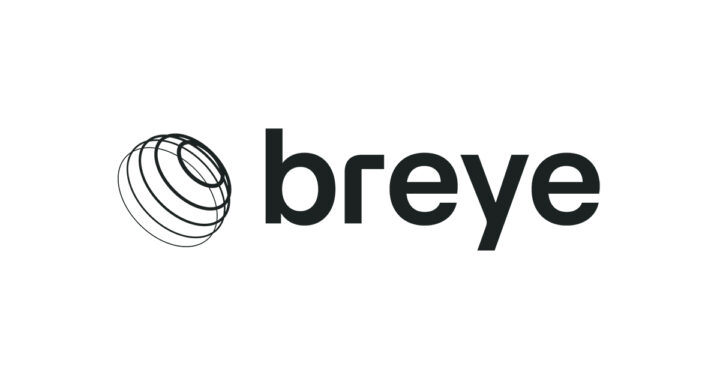Frederik Lehmann knows better than most how daunting a new life science venture can be and understands the importance of perseverance. As Entrepreneur-in-Residence at Sound Bioventures, he aims to help promising projects gain exciting momentum without losing focus on the patient.
A chemist by training, Lehmann has more than 20 years of experience in the Nordic biotech scene. He earned a Ph.D. in medicinal chemistry in the early 2000s and an MBA at the start of the 2020s. In between those two degrees, he accidentally became an entrepreneur when he formed a contract research organization (CRO).
In 2009, the global biopharmaceutical Swedish Orphan Biovitrum closed down the research facility where Lehmann had been working. It wasn’t long before his phone was ringing. “People started calling me and asking me if I could start a CRO because they wanted my services,” he recalls.
Lehmann’s entrepreneurial journey had only just begun, and he’s since launched a handful of other enterprises. He’s also been active in academia, supervising Ph.D. students, and has served at a number of other companies in leadership roles, including as head of research, director of chemistry and manufacturing, and even CEO. In recent years, Lehmann has mostly split his time between a venture partner role at Industrifonden (a VC fund originally started by the Swedish government) and various board memberships.
“I never really had my own career plan,” Lehmann explains. “And I’m absolutely uninterested in titles, hierarchies, and those things. I just want to get the job done.”
“Being an entrepreneur, you get the adrenaline without having to jump out of a plane.”
There’s a certain adrenaline rush to entrepreneurship that Lehmann equates to the feeling of skydiving or deep-sea exploration. “As a human being, you need that feeling,” he says. “Being an entrepreneur, you get the adrenaline without having to jump out of a plane.”
But the thrill of skydiving doesn’t come from total certainty the parachute will open. And life science entrepreneurship has a high level of exhilaration in part because it has more risk than most other industries.
As Lehmann notes, life science and biotech startups require immense amounts of upfront spending and often have epic timelines for a return on investment. They also have to follow strict regulatory boundaries. Plus, there’s no guarantee the science will always pan out.
“You can do everything right, and it still doesn’t work,” Lehmann explains. “The conventional wisdom is that you have to expect that at least four out of five projects will fail, or maybe only one out of ten will succeed. However, at Sound Bioventures by targeting carefully selected near-clinical or clinical-stage companies, and bringing the extensive industry experience from the team, we aim to improve the chances of success. Investing in early-stage biotech means that you have to be extremely tenacious, hopefully learn from your failures, and just keep moving forwards.” The adrenaline rush comes when things work out successfully.”
Reviving biotech assets for potential therapies
Yet sometimes, there are other reasons that a biotech project doesn’t succeed. The way that most innovations are developed in the life science industry, especially in the Nordic region, means that cutting-edge ideas for new treatments can sometimes slip through the cracks. A company or organization can set aside a developing novel therapy because of a new corporate strategy, a change in modality, or other non-science-related motive. But those assets can be rescued by another firm.
“You can actually pick a project up and do something useful with it because people have invested time and money to bring it to the clinical stage, and sometimes it’s shut down for the wrong reasons,” Lehmann explains. “There are projects lying around that deserve a second chance or shat in many cases can be a first chance.”
So, when Sound Bioventures reached out to Lehmann about a role at the firm to help diversify its portfolio by finding and assisting in bringing such projects back to life, he was intrigued. Not only because of the unique opportunity but also because of who it was with.
“I think Sound Bioventures has a really good process, a great team of people, and company values that really resonate with me,” says Lehmann. “Their strategy is also extremely solid because they can be modality and disease agnostic to a certain extent and just follow the science.”
The patient matters the most
According to Lehmann, there are any number of places to discover potentially abandoned or overlooked novel therapies. The technology transfer departments at universities are one area to search, but there’s also his network of contacts and those of everyone else at Sound Bioventures.
There’s no specific therapeutic focus or area of interest. “There are many exciting projects in this field,” Lehmann exclaims. Yet, he asserts, whatever possible treatment can be found and helped back onto a solid development track, it’s the potential outcome to help those with unmet medical needs that matters the most.
“We do this for the patient, and you can never forget that,” he says. “As long as you keep your focus on the patient, everything else will just fall into place.”
Learn more about all the unique people on the Sound Bioventures team Fredrik Lehmann



